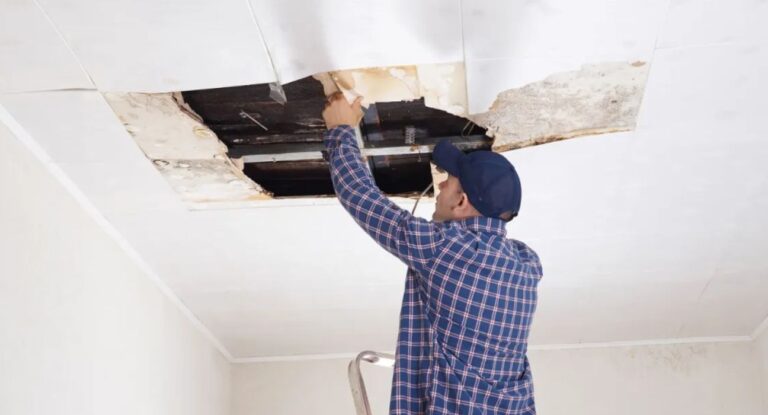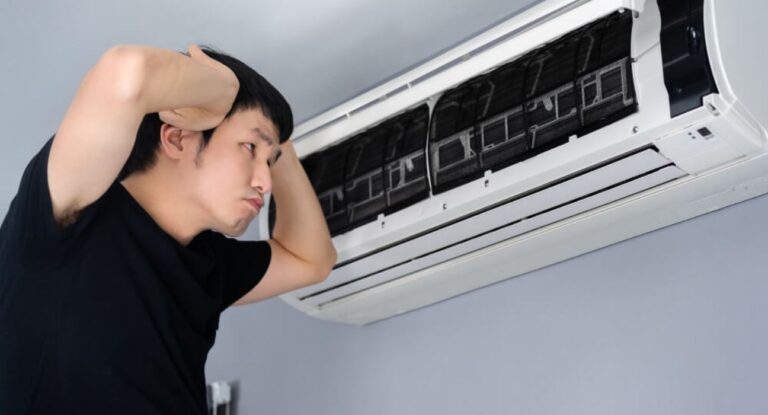Where Are Libiyi Shoes Made? A Comprehensive Guide

Libiyi shoes are popular for their unique designs, comfort, and quality. Many people who buy or are considering buying Libiyi shoes often wonder, “Where are Libiyi shoes made?” Knowing the origin of a product can influence purchasing decisions, especially regarding fashion and footwear. This article will explore where Libiyi shoes are made, the manufacturing process, and why understanding this can be important for consumers.
The Origin of Libiyi Shoes:
Libiyi is a brand that has carved out a niche in the competitive footwear market. Known for combining style with comfort, Libiyi shoes are popular among a diverse range of consumers. The brand offers a variety of shoes, including sneakers, sandals, and formal shoes, catering to both men and women.
Where Are Libiyi Shoes Made?
Libiyi shoes are predominantly made in China. Thanks to its advanced manufacturing capabilities, cost-effective production, and skilled workforce, China has long been a major player in the global footwear industry. Many well-known footwear brands manufacture their products in China due to these advantages.
Why China?
There are several reasons why Libiyi, like many other brands, chooses to manufacture its shoes in China:
- Cost Efficiency: Producing shoes in China is generally more cost-effective than in many other countries. Lower production costs mean that Libiyi can offer its boots competitively to consumers.
- Skilled Labor: China has a long history of shoemaking, and its workforce is highly experienced. This ensures that the shoes are high quality and meet international standards.
- Advanced Technology: Chinese factories are equipped with advanced technology and machinery that enable the production of a wide variety of shoe designs efficiently and effectively.
- Infrastructure: China has a well-established infrastructure for manufacturing and exporting goods. This makes it easier for companies like Libiyi to produce and distribute their products globally.

The Manufacturing Process:
Understanding the manufacturing process of Libiyi shoes can give us a better idea of why these shoes are popular and trusted by consumers. Here is a step-by-step overview of how Libiyi shoes are made:
Design:
The first step in making Libiyi shoes is the design phase. Designers work on creating stylish and functional shoe designs that meet market trends and consumer preferences. They use various tools and software to develop detailed designs and prototypes.
Material Selection:
Once the design is finalized, the materials are selected. Libiyi uses high-quality materials to ensure durability and comfort. This includes leather, synthetic materials, textiles, and rubber for the soles.
Cutting:
The selected materials are then cut into different parts of the shoe. This is done using specialized cutting machines that ensure precision and consistency. Each part of the shoe, such as the upper, lining, and sole, is cut separately.
Stitching:
After cutting, the different parts of the shoe are stitched together. This is a crucial step requiring skilled workers to ensure the shoes are assembled correctly. The stitching process involves:
Lasting:
Lasting is the process of shaping the shoe. The stitched upper part of the shoe is pulled over a shoe last, a mold that gives the shoe its shape. This step ensures that the shoes fit properly and maintain their form.
Soling:
The sole of the shoe is then attached to the upper part. This can be done through various methods, including gluing or stitching, depending on the shoe design and materials used. The sole provides the necessary support and traction for the shoe.
Finishing:
Once the sole is attached, the shoes go through the finishing process. This includes adding final touches, such as polishing, adding laces, and inspecting the shoes for defects. The shoes are then cleaned and prepared for packaging.
Quality Control:
Quality control is a critical step in the manufacturing process. Each pair of Libiyi shoes is carefully inspected to meet the brand’s high standards. Any shoes that do not pass the quality control checks are either repaired or discarded.
Packaging:
Finally, the shoes are packaged in boxes and prepared for shipment. Proper packaging ensures that the boots reach consumers in perfect condition.

Also Read: Where Are Loretta Shoes Made?
Ethical Considerations and Sustainability:
In recent years, there has been growing concern about the ethical practices and sustainability of the fashion and footwear industries. Consumers are increasingly seeking brands that prioritize ethical manufacturing practices and environmental sustainability.
Libiyi’s Commitment:
Libiyi is committed to maintaining ethical standards in its manufacturing processes. The brand ensures that its factories in China comply with labor laws and provide fair working conditions for their employees. This includes fair wages, reasonable working hours, and safe working environments.
Sustainability Efforts:
In addition to ethical practices, Libiyi is also taking steps towards sustainability. The brand is exploring using eco-friendly materials and sustainable production methods to reduce its environmental impact. This includes using recycled materials, reducing waste, and implementing energy-efficient manufacturing processes.

Importance of Knowing Where Shoes Are Made?
Understanding where your shoes are made can influence your purchasing decisions for several reasons:
- Quality Assurance: Knowing the origin of your shoes can give you confidence in their quality. Countries with a strong shoemaking tradition, like China, often produce high-quality footwear.
- Ethical Concerns: Many consumers prefer to buy from brands that ensure fair labor practices and ethical manufacturing processes. Knowing where your shoes are made can help you support brands that align with your values.
- Sustainability: With increasing awareness of environmental issues, consumers are looking for brands that prioritize sustainability. Understanding the manufacturing practices of your favorite shoe brands can help you make more eco-friendly choices.
- Supporting Local Economies: Some consumers prefer to buy products made in their own country or region to support local economies. Knowing where your shoes are made can help you make informed decisions in this regard.
Also Read: Where Are Colorado Shoes Made?
Frequently Asked Questions:
Conclusion:
Libiyi shoes are predominantly made in China, a country known for its advanced manufacturing capabilities and skilled workforce. The brand ensures high-quality production through meticulous manufacturing, including design, material selection, cutting, stitching, lasting, soling, finishing, quality control, and packaging.
Libiyi is committed to ethical manufacturing practices and is taking steps towards sustainability by using eco-friendly materials and reducing waste. Understanding where Libiyi shoes are made can help consumers make informed purchasing decisions based on quality, ethics, and sustainability.
Next time you consider buying a pair of Libiyi shoes, you can be confident in their origin and the brand’s commitment to producing stylish, comfortable, and ethically-made footwear.






